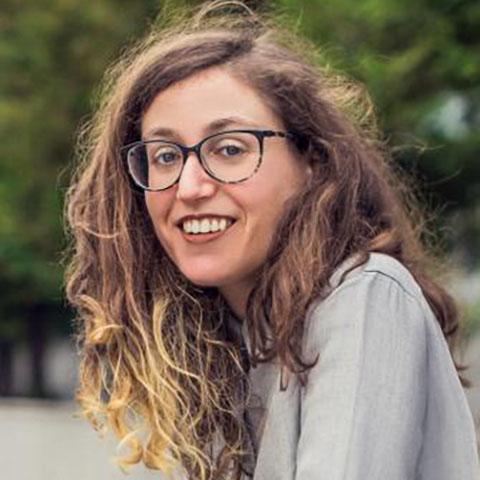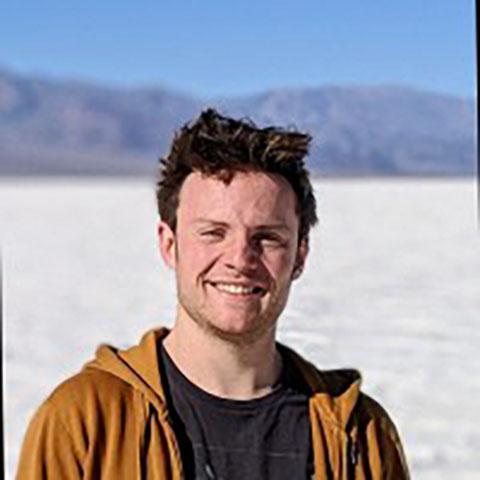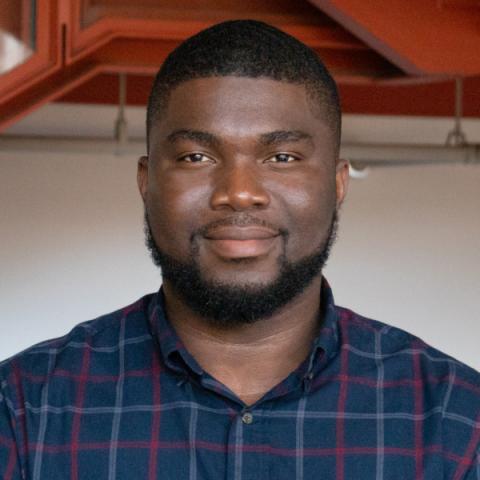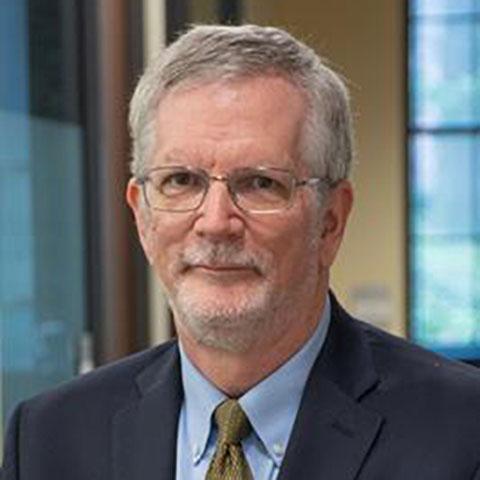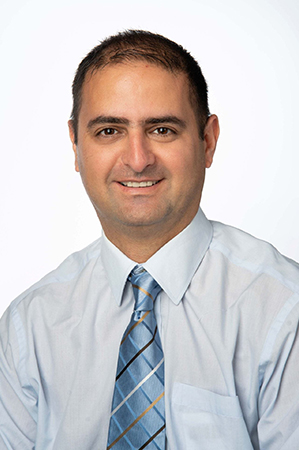Usha Nair-Reichert is an Associate Professor in the School of Economics. Her current research interests include (i) innovation ecosystems (ii) firm strategies related to innovation, globalization of R&D, trade, foreign direct investment, technology licensing and acquisition, and sustainability (iii) environmental regulations and their impact on firm strategy, innovation, trade and foreign direct investment (iv) partnerships, policies and collaborations for economic development, with specific focus on education, infrastructure, and health care.
Nair-Reichert worked on funded projects related to supply chains, innovation and efficiency gains in the pulp and paper industry, biotechnology, telecommunications, energy, affirmative action, and educational outcomes. She has received funding from sources such as the Center for Paper Business and Industry Studies, Center for International Business Education and Research, and Power4Georgians. She recently received a Fulbright Specialist’s award for a project in Poland.
Nair-Reichert has published in peer reviewed journals including the Journal of International Economics, Review of Economics and Statistics, Oxford Bulletin of Economics and Statistics, Research Policy, International Organization, World Development and Review of International Economics. She is a member of the American Economic Association, International Economics and Finance Society, the European Economics and Finance Society, and the Association of Indian Economic and Financial Studies. She also serves on the Advisory Board of the European Economics and Finance Society.
Nair-Reichert obtained her Ph.D. in Economics from the Krannert School of Management at Purdue University specializing in international trade, international business, econometrics and economic development. She joined the faculty at the School of Economics at Georgia Institute of Technology in 1995. She served as interim School Chair during the academic year 2011-12. As part of a select leadership program of the University System of Georgia, she was also an Executive Leadership Institute Scholar from Georgia Tech during 2011-2012. She is a faculty associate with the Science, Technology and Innovation Policy Program at Georgia Tech and a core faculty member at the Center for International Business Education and Research (CIBER) at Georgia Tech.
Prior to her graduate work at Purdue, she was employed in the banking sector in India where she has worked in areas related to trade and foreign exchange regulations, imports and exports, multinational investment, technology transfer, and introduction and integration of computerized check processing technologies.
Nair-Reichert has served as a trustee at The Westminster Schools, the Trinity School and the Georgia Tech Athletics Association Board. She is also a member of SHECON, a nonprofit group working with micro finance lending and economic development projects in Haiti. She enjoys reading, traveling, and experiencing new cultures. She is an ardent believer in the power of education to inspire people, change lives, and transform society.




